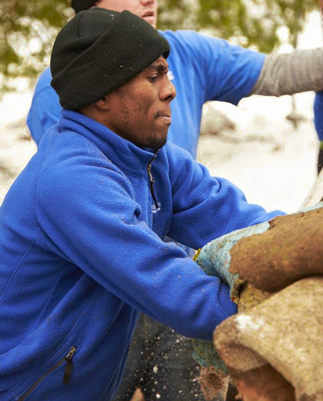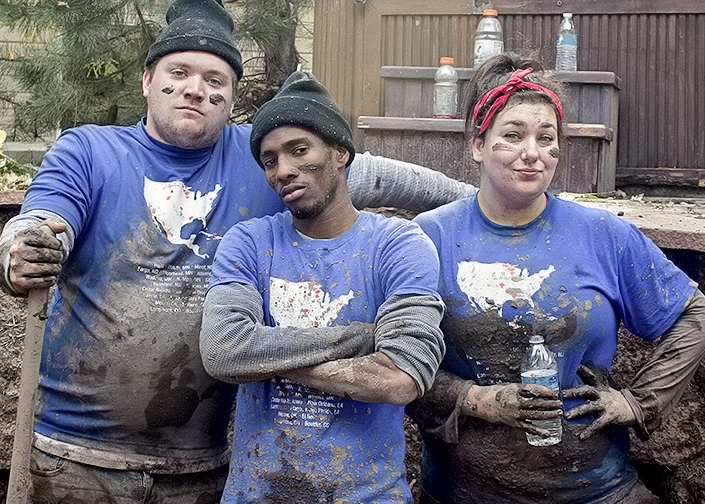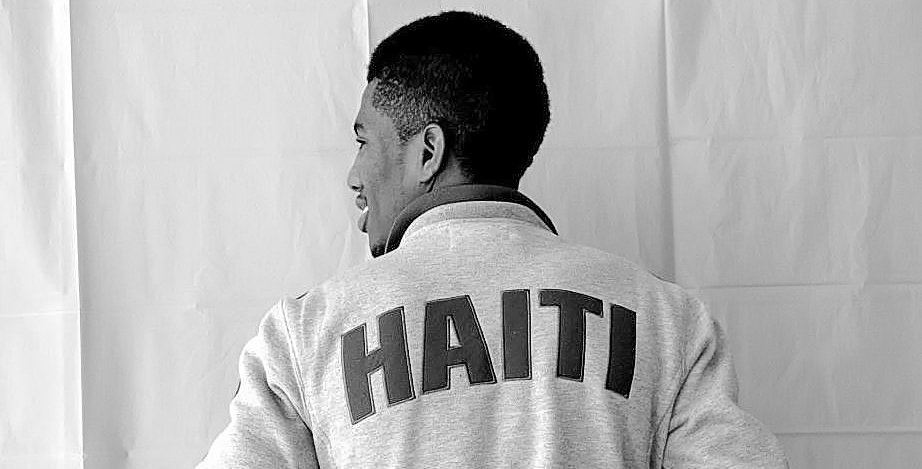Reflections on Haiti, Student Life in the U.S.
When Jameson Leo returns to his home in Haiti, he will not only have in his hand a B.S. degree in chemistry and biology from Metropolitan State University, he will also be bringing a new renewed belief in helping others and carrying forward the work of NGOs like Headwaters. Here Leo tells us about his journey over the past five years, his take on the challenges facing Haiti today and what he is thinking about for his next steps.
How did you first connect with Headwaters Relief Organization?
I connected with them a few months after the earthquake in 2010 when they came to Haiti under the umbrella organization that I was working with called ACTS World Relief. At the time the president of the organization was David Canther. I was the director of assistance for ACTS, coordinating things and I worked very closely with Headwaters. As a result of getting to know them, and after learning that my school had been destroyed, Dr. Thomley and Cheryl Vennerstrom came to me on their next trip and said that they would like to sponsor me to come to the U.S.to continue my schooling. They believed I had the potential because of the work I had been doing with them in Haiti.
As a student from Haiti living in the U.S., what were some of your greatest challenges?
One of the challenges was the language. I know a lot of people who listen to me think that English is not difficult for me, but it was one of my biggest challenges especially in a school setting. The way I taught myself English was through literature. But school and academic reading was very difficult for me. Also there was the challenge of limited resources. I attended a state school and there were a limited number of scholarships available to me as an international student.
 What do you feel are the biggest challenges facing Haiti today?
What do you feel are the biggest challenges facing Haiti today?
The biggest challenge is education because with education Haiti would have a better infrastructure and future. There is a drive for education but there are limited opportunities. For example, we only have one state university that is located in Port au Prince. So for someone who finishes high school in a rural area, they are forced to move to Port au Prince so they can continue their education at the university level. So by moving people from those locations to the city there is added pressure on resources such as food and housing. I believe that more universities need to be created including outside of Port au Prince.
What are your plans after you return to Haiti?
I have not lived in Haiti for five years so it will take a bit to adjust. I have contacted several hospitals about work which is what I would like to do. I am hoping I can continue the work of organizations such as Headwaters so that I can help my community by doing the work I was doing previously, working with an NGO.
What are you looking forward to the most when you return to Haiti?
My family. Since moving to the U.S., I have only been able to spend a few weeks with them once a year. So spending time with them is something I am definitely looking forward to. Also I just had a new niece who I have not yet met so I am definitely looking forward to spending some time with her.
Anything else you wish to add?
I would like to thank both Dr. Rebecca Thomley and Cheryl Vennerstrom for the support they have given me, for all the things they have done for me for the past 5 years. When they came to Haiti they saw something in me that I did even know myself. They choose to believe in me and invest in me and all of that has been a great, great opportunity and I hope they will continue to do the same for others. I am hoping that I might continue to work with them. They helped me to open my eyes. I wish I had a better way to say thank you but that is what I am looking forward to doing through my work in the future.


